Cravings are totally natural phenomena, but what is your body actually trying to tell you when you crave a particular food - be it an healthy or unhealthy one? Alex Gazzola explains what your cravings might mean - and how to respond to them.
They can take you by surprise, come out of nowhere, and we've all experienced them. The sensory experience is familiar: the clearly drawn image of the food appears in your mind's eye, your mouth waters at the thought of it, you inhale and imagine its aroma, you feel the insatiable urge to have it - and have it right now - and then you try to cope with the restlessness and lack of concentration you experience until you've satisfied that urge. Be they healthy or unhealthy, food or drink, common or unusual, cravings are natural responses - but have you ever stopped to wonder what a particular craving might mean before you indulge it, and whether you should be indulging it at all?
Here we look at eight common food cravings, and what the experts feel they could mean for you, your health and your body.
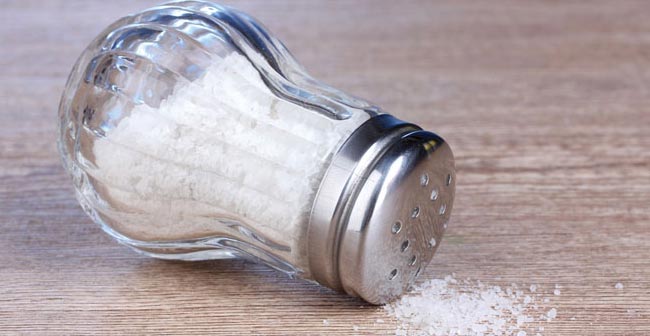
Salt
"This is quite a common craving, and partly this is due to people eating a lot of ready meals in the modern age," says Shona Wilkinson, nutritional therapist. "Processed meals can be high in salt, so it becomes a case of wanting more of what you're used to."
Salt cravings could indicate a problem with the adrenal glands or the thyroid gland. "Adrenal problems are on the rise because women are leading more stressful lives," adds Shauna. "If your craving is more than just an everyday, average craving, it may be worth talking to your GP about this."
Long term, the way to tackle ordinary salt cravings is to cook from scratch - and hold the salt. For flavouring, experiment with herbs and spices - although you will find that after eating unsalted or less-salted food for a while, your tastebuds will 'recover' greater sensitivity to ordinary, natural flavours in unprocessed foods.
"Never sprinkle salt on your food," warns Shauna. "It can lead to high blood pressure."
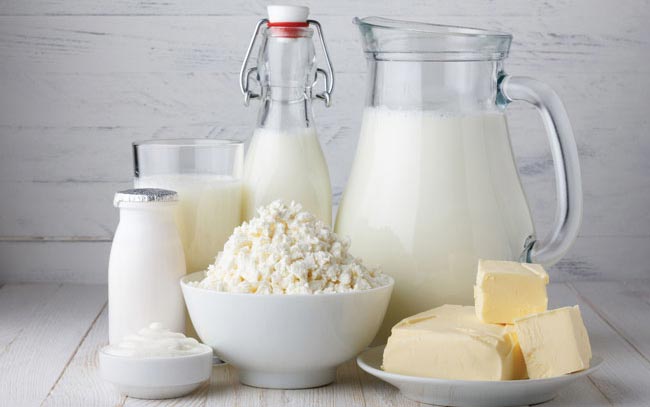
Milk and dairy
"This could be psychological," says Dr Marilyn Glenville (www.marilynglenville.com), nutritionist and natural women's health specialist. "Milk is the food we are given as babies, and is often perceived as comfort food - you often see on American television milk and cookies being offered in that way."
But it may also be a little more than that. "Warm milk has high levels of tryptophan, which has an anti-depressant effect on the body, which is very calming - and may help you just before bed," adds Dr Glenville. "Although it is tempting to think of a dairy craving as having something to do with a calcium deficiency, it's more likely to be for emotional and mood-improving reasons. In some cases, there could be psychological reasons you should try to get to the bottom of."
She adds that if you're going to indulge, go for organic dairy produce, as hormone levels from cows are considerably lower in organically produced milk.
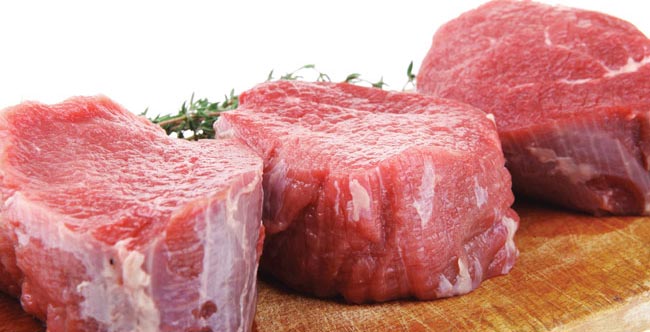
Red meat
"This is a very common craving, and is certainly an iron deficiency," says Shona Wilkinson. "Women in their twenties and thirties who are obviously losing blood every month, and who may be vegetarian - which is more and more common - are increasingly at risk of being iron depleted."
If you are not vegetarian, indulging a meat craving with a good quality and organic piece of red meat is fine. But if you are vegetarian, you may not be getting enough iron. Dried fruit and pulses are the things to go for, but vegetarian iron sources are still less easily absorbed than non-vegetarian ones. "To boost absorption, take vitamin C with your iron-rich veggie foods," says Shona. "Orange juice is good, but dilute it with some water, or you could be taking too much sugar into the bloodstream."
If you are worried about iron levels due to meat cravings, see your doctor, who can offer blood tests.
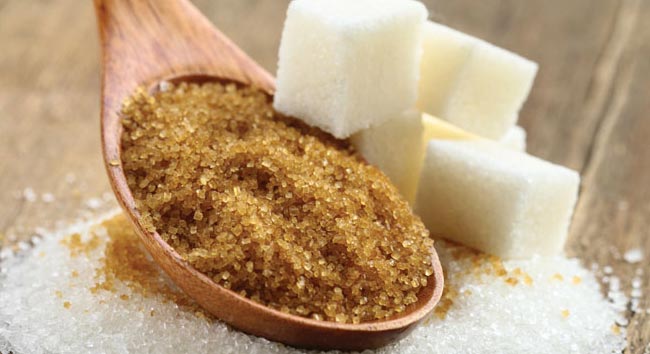
Sugar
"A drop in blood sugar - called reactive hypoglycaemia - triggers this craving, where the body asks for a quick fix of sugar to alleviate the problem," says Dr Glenville. "From a hormonal perspective, it could also be something women experience pre-menstrually."
Curbing the cycle of sugar cravings is about changing your eating patterns. "You need to eat little and often so that you don't go so long without food that your blood sugar crashes and and your body asks for that quick sugar fix," she adds.
"Make sure you have good quality food, and that there is protein on your plate, especially for main meals, as this lowers the glycaemic index of a meal. Low GI is the way to go. You could even try five small meals a day rather than three main ones - so breakfast, mid-morning snack, lunch, mid-afternoon snack and evening meal. This doesn't have to be more food - just the same amount spread out."
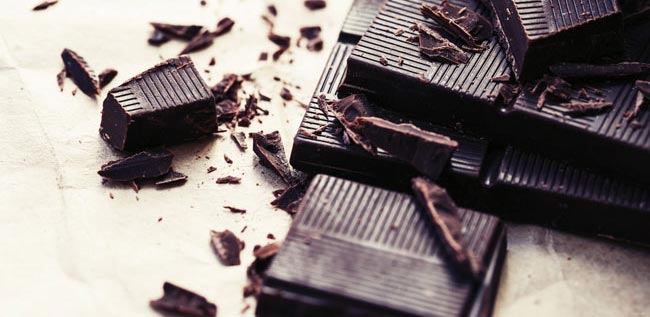
Chocolate
Again, as above, this could be a simple blood sugar craving in 'disguise', but Shona believes it could sometimes indicate a mineral deficiency.
"There's a strong link between chocolate cravings and magnesium," she says. "The majority of people are short of magnesium, and chocolate is rich in it."
It's difficult to know which of the two a chocolate craving could signify. Shona advises to try some dried fruit in the first instance, or perhaps even an apple, just to take the edge off the craving and see how you feel afterwards. That can sometimes be enough in the case of a sweet craving. But if not, and only the real panacea of chocolate will do, then choose wisely.
"Dark bitter chocolate is the thing to go for," says Shona. "You can't eat too much - it's not that sort of food - and just a little bit will relieve your craving without compromising your health too much. It's richer in magnesium than milk chocolate too."
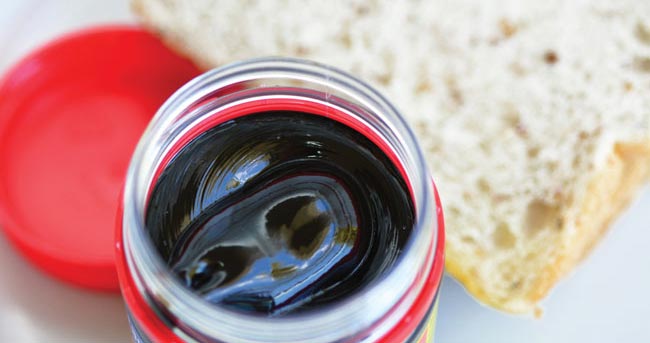
Yeast-containing / fermented foods (bread, marmite, alcohols)
This could indicate a candida problem. "We all have candida and yeast in the gut," explains Dr Glenville, "and this is controlled by beneficial bacteria. But if you are under stress, have had to take antibiotics, or are on the pill, it can 'knock out' those beneficial bacteria - allowing the yeasts to become more dominant".
She adds: "Over time, the yeast can change form and get into the bloodstream, and you sometimes can end up with thrush or fungal toe infection - or with cravings for bread, sugar, alcohols, marmite or anything fermented or yeasty. Although recurrent thrush could be a symptom of diabetes, it could just be candida overgrowth - the yeast is asking to be fed."
Tests for candida antibodies are available online and a low sugar/low yeast diet could be the recommended course of action in this case. Probiotic bacteria and prebiotics supplements can also help.
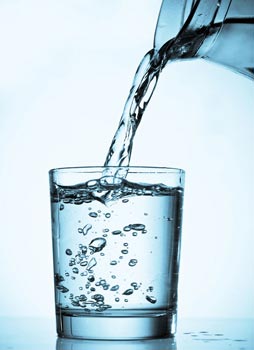
Water
"A raging, constant thirst could be an indication of diabetes," says Shona.
"You could be drinking your recommended two litres a day, and not consider it a problem, but if you find you are just not satisfied by the amount of water you are having, and you have to have more and more, it is important you see a doctor."
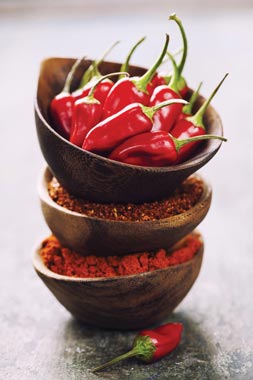
Spicy food
"There is a school of thought that this could be a zinc deficiency," says Dr Glenville. "Zinc regulates our taste and smell, so if zinc levels are low, these will be working inefficiently. Your body will tell you to go for stronger-tasting foods because it is unable to taste blander foods."
Zinc is important in immune function, skin health, and major hormones such as insulin and the sex hormones. "Zinc is found in eggs, fish, dairy and pumpkin seeds - in fact in a variety of foods - but it may be that your needs as a woman are greater if you are on the pill, or perhaps on other medication."
Stress, the great plague of modern times, also can create massive cravings, says Dr Marilyn Glenville. "This is basically a 'refuel' message when it occurs, and can manifest itself in a great mix of cravings for comfort food or an appetite to just eat any real food."
She adds: "The normal stress response is 'fight or flight'. That is short lived but it will use up a lot of energy, so that your body's message to you is to take calories on board. But under chronic stress in the 21st century we are stuck in a traffic jam and not expending calories - rather than running for our lives in the wild and using up a lot. When you get home from work, there will be the temptation to refuel with quick food and alcohol, which will dampen the feelings. You can experience all this without realising it is stress - and is likely to lead to weight gain, with fat deposits around the middle".
Malabsorption diseases could be another obscure cause of cravings. Coeliac disease - or gluten intolerance - is thought to affect 1% of the population, but only around 1 in 8 of those is diagnosed. Coeliac disease damages the small bowel, worsening food absorption, possibly triggering anaemia and other deficiencies, which could manifest in food cravings, says Dr Glenville. See your doctor in the first instance if you suspect a gluten sensitivity.
Cravings: a 21st Century Problem
It is possible for your body to be dehydrated and for it to misinterpret the signals, giving you a general craving, which is difficult for you to work out. "But another possibility is you could be overweight - and yet malnourished," says Shona Wilkinson. "People who are overweight may crave a lot of nutrients which they are not getting because they do not get the nutrient-rich food they need, instead consuming a lot of modern processed foods, and yet they're always hungry."